How to Start A Pest Control Business
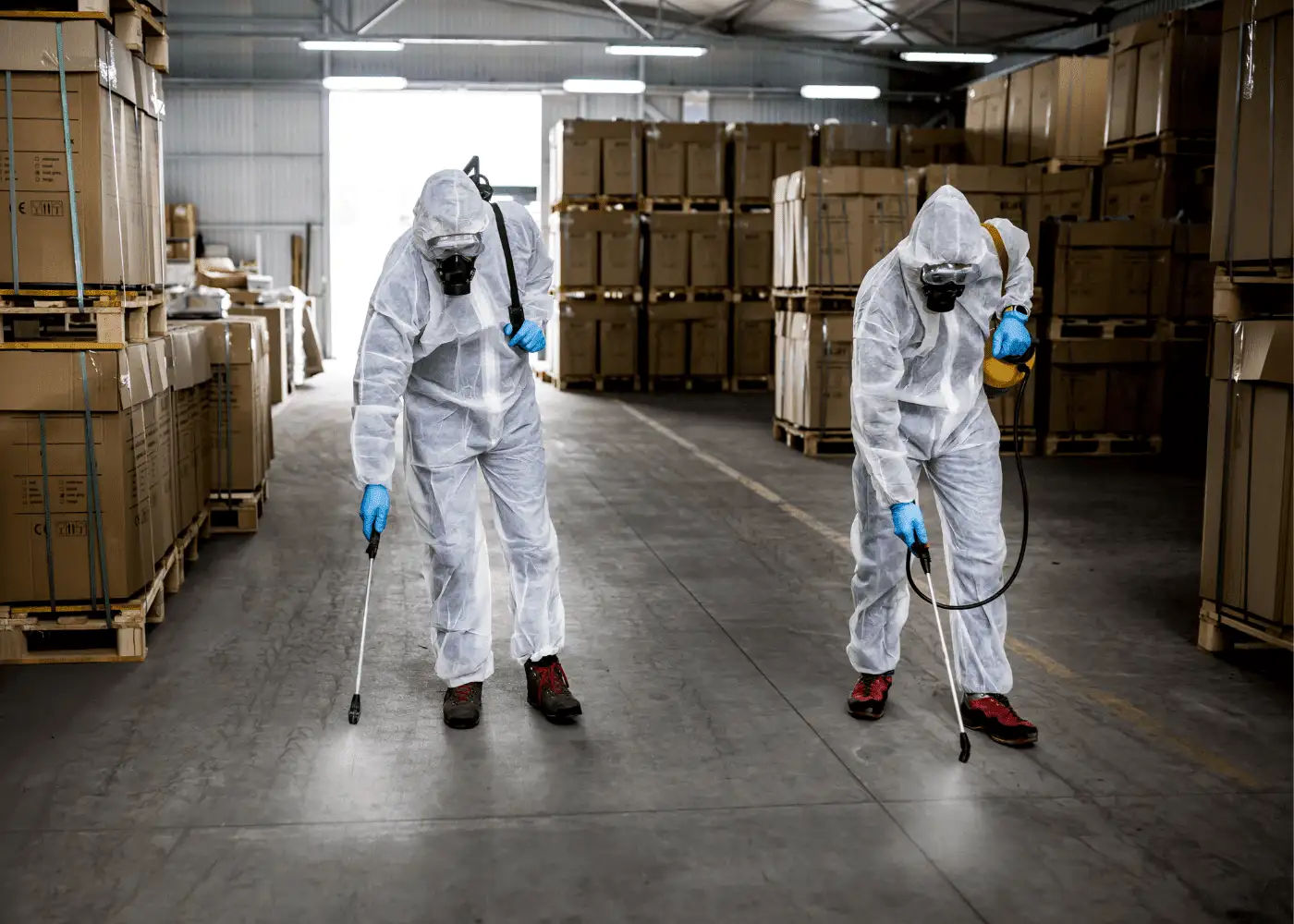
From bed bugs and termites to cockroaches and rats, pests can be a problem wherever you go. And with climate change potentially accelerating pest populations, it’s no surprise that the U.S. pest control market is expected to exceed $28 billion by 2026. Many consumers will do whatever it takes to prevent or get rid of infestations, which is why starting a pest control business for bed bugs, termites, cockroaches, and rat control could be a lucrative opportunity for you.
Ready to get started with Field Promax?
Sign Up FreeA home-based pest control business has the potential to provide you with a healthy income, but going the freelance route takes commitment and marketing know-how. Many of those who run their own pest control businesses get their start working for an established pest control services company. But once you have gathered sufficient knowledge and experience in the industry, there is no reason you should hold back from starting something of your own. However, running an already established company is something else. You will need to have some more information to start your own business. And if you don’t know where to start, you have reached the right place.
In this blog, we have laid out 8 simple steps to start your pest control business. Just follow them and you are ready to make some handsome profit. So, without further ado, let’s jump right in.
1. Choose A Name for Your Business

Every company needs a unique pest control business name to stand out from competitors and tell customers a little about who they are. When starting a pest control business, choose a brand name that’s creative and compelling while also hinting at what services you provide. For example, you may want to include the phrase “pest control” or “exterminator” in your name.
Once you’ve brainstormed at least one name, see if it’s legally available. No two businesses that offer similar services can hold the same name if the name is trademarked or if they’re in the same state. A good start to check whether the name is available is the US Patent and Trademark Office database. The website of your state agency that deals with business, such as the Department of Commerce or Secretary of State could also come in handy. You must also check social media to make sure the name is available so that you can use the same name as your brand on social networking sites as well as your domain name.
Want a personalized demo?
See how Field Promax can transform your field operations
2. Choose A Business Structure
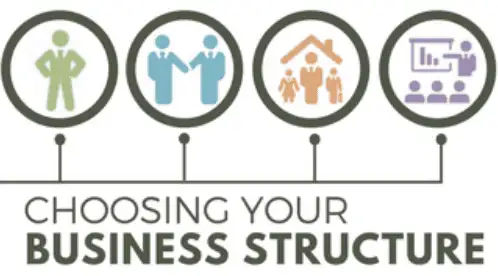
The next step to starting pest control business is choosing a legal structure for your business. For example, you can operate as a sole proprietorship, a partnership, a limited liability company (LLC), or a corporation. Your taxes, liabilities, and level of required paperwork will be dependent on the legal structure you choose.
3. Register Your Pest Control Business with the State

Once you know your ideal business name and business structure, you can register your business and legally form your company. You can get the paperwork from your state agency’s website or office, or simply complete the registration process online. The registration fees vary from state to state, but it is usually no more than $200.
In addition to registering your business, don’t forget to apply for an employer identification number (EIN) with the IRS if you’ll be hiring employees or operating as a corporation or partnership.
4. How to get pest control license

Along with your registration, you will need some more official documentation to kickstart your pest control company. First and foremost, you will need to obtain a general business license from your state. In case you don’t know how to get pest control license, look up your State Secretary website.
You might also require some permits from your county and local authority since you will be handling commercial-grade pesticides and chemicals. Furthermore, you need a professional license for yourself to perform pest control. In case you are hiring employees to do the job for you, make sure they have the necessary licenses as well.
Other than the license and permits, you must sort out the financial aspects of the business as well. Start with your tax ID. Once you have that, open a separate business account and a credit card. Even if it weren’t required, it’s good practice. Separating your business and personal finances is a good way to keep your books properly balanced and file taxes quickly. It’ll also help you access loans, business credit cards, and other forms of financing if you need them. Don’t forget to buy pest control business insurance too.
5. Create a Finance Plan

Starting a business is not a cost-free venture, Even if you are running on a tight budget or trying to secure funding for your pest control business, you will need some budget to kickstart things. Therefore, you should make a financial plan beforehand. Making a financial plan requires you to decide the cost of pest control service. Once you do that, start with making a list of all your startup costs, which may include the following:
- General tools
- Special equipment
- Pest control truck setup
- Registration fees
- Liability insurance
- First aid kits
- Workers’ comp
- Contractor payments
- Employee wages
- Rent or lease fees
Last but not least, you must also keep aside a substantial amount of your budget for marketing. After all, if you want to bring in customers, you need to promote your brand both online and offline.
6. Set Up a Strong Online Presence

This brings us to the next step of your strategy– digital marketing. To build a successful business in today’s time you cannot but invest in digital marketing. To get your first leads and customers, you need to show up where they’re searching for pest control companies like yours. There are several ways you can promote your brand, and more often than not, you cannot choose between them. It is better to mark your territory by covering all the bases.
Claim your domain name and create a professional website. Claim your business page and enlist your pest control company leading sites such as Google My Business, Yelp, etc. Create business pages/profiles on social networking sites and post regularly Engage in SEO activities for your website
7. Tools for pest control
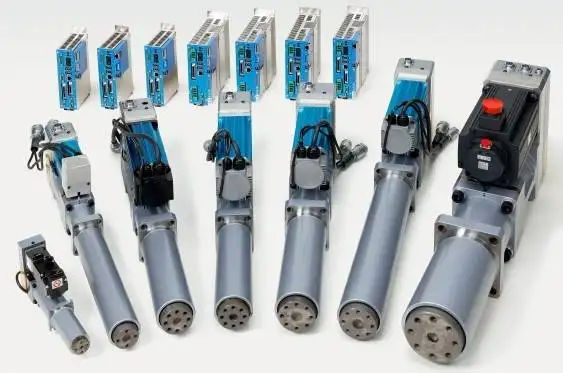
Now that you have taken care of the legal and financial aspects of your business, set up a marketing strategy, and built a brand, you can expect work orders to come your way. But before you hit the road, you need to arrange the most important resource for your business– tools for pest control. The basics include:
- UV Flashlight
- Foamer
- Sprayer
- Baiting Tools
- Duster
- Gloves
- Rodent/ Animal Traps
- Inspection Mirrors
- Infrared Temperature Sensors
- Ultrasonic Pest Repellents
- Vacuum With HEPA Filtration
- Respirator
- Other Safety Equipment
8. Buy Pest Control Management Software
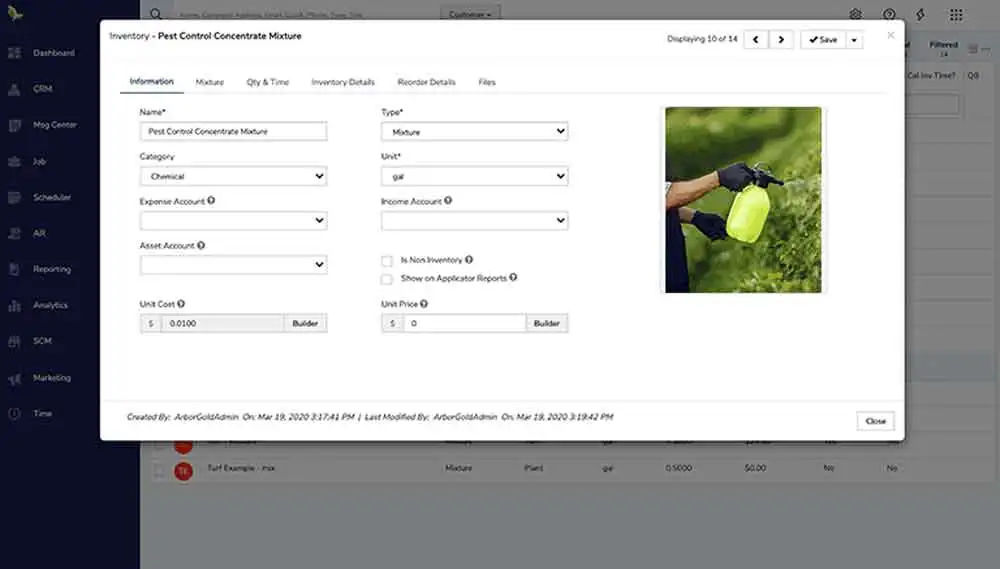
In addition to pest control tools, there is another tool that has become mandatory to run a pest control business in today’s digital environment. As expected, it is a digital tool. Known as pest control field service software or pest control business management software, it is a comprehensive tool that helps you track client and business information, manage work orders, as well as automate and standardize your overall business processes. These pest control software solutions can practically enable you to take care of all your operations, including
- Scheduling and dispatching
- Budget tracking
- Billing and invoicing
- Creating estimates
- Managing repeat work orders
- Sharing customer information with field technicians
Additionally, pest control software also provides several tools specific to the pest control business. For instance, federal and state regulations require precise tracking of pesticide use, which pest control software can handle automatically.
Final Words
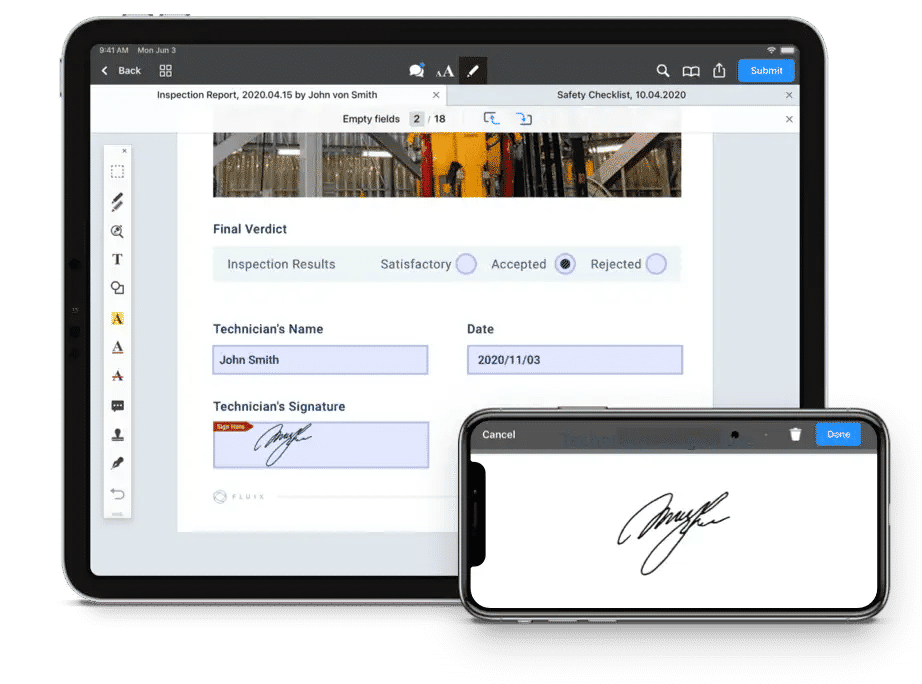
As a business, pest control service can be a very profitable idea no matter where in the U.S. you live. To turn your idea into a successful business, however, you need to know how to meet legal requirements, keep your finances in check, and build a solid online presence over time. But more importantly, you need to find the right competitive edge to sustain in the cutthroat competition. This is why leveraging technology is so important today.
The current market is overflowing with various digital tools for small businesses. But if you want something efficient that doesn’t burn a hole in your pocket, go for Field Promax pest control business software. It is specifically designed for pest control businesses, catering to all their automation needs. It provides a wide range of features and capabilities to take care of entire business operations, including work order management, scheduling, dispatching, monitoring, asset tracking, time tracking, invoicing, estimating, recurrent order management, and so on. It is even integrated with QuickBooks.
For more information, contact Field Promax
We're here to help you get started